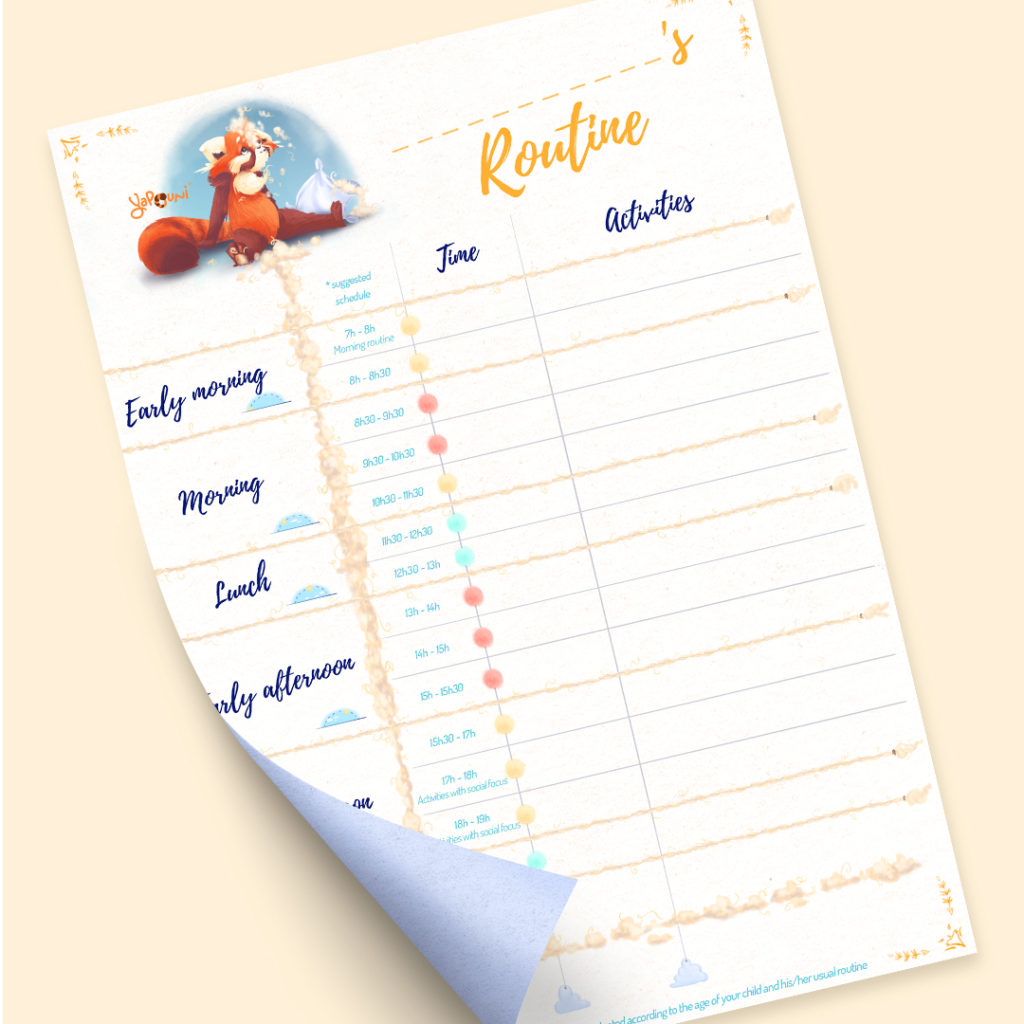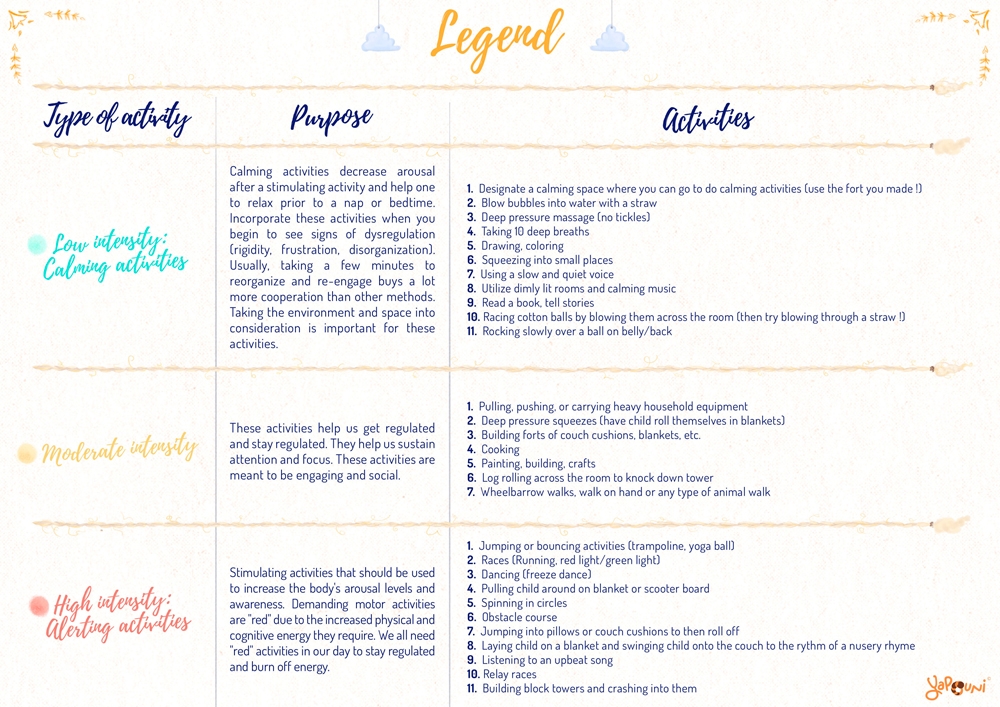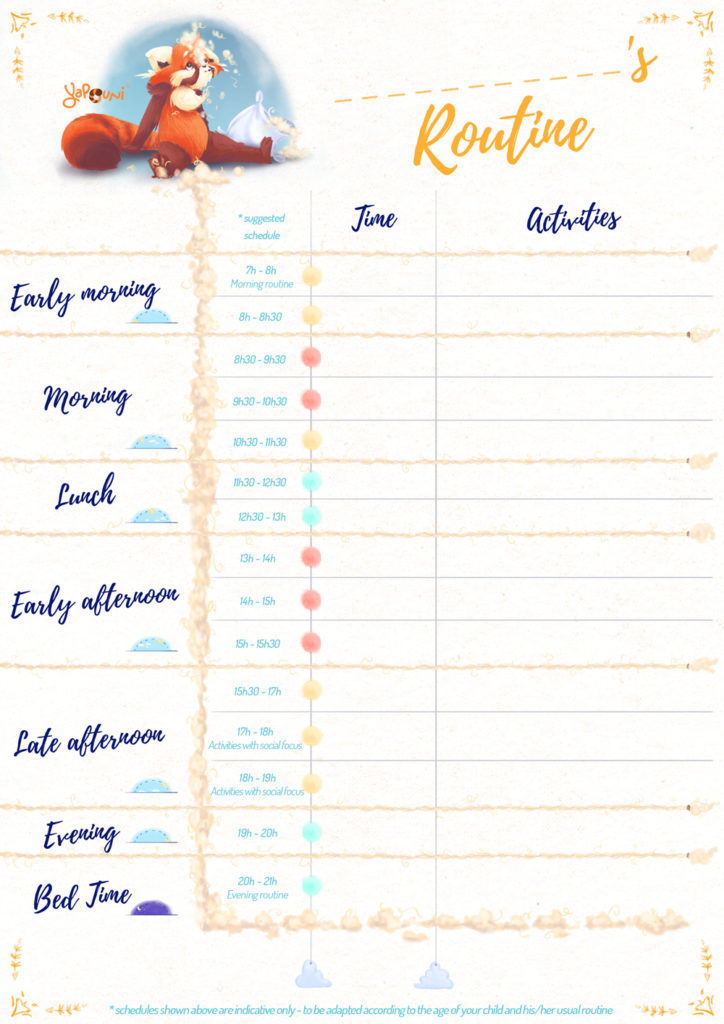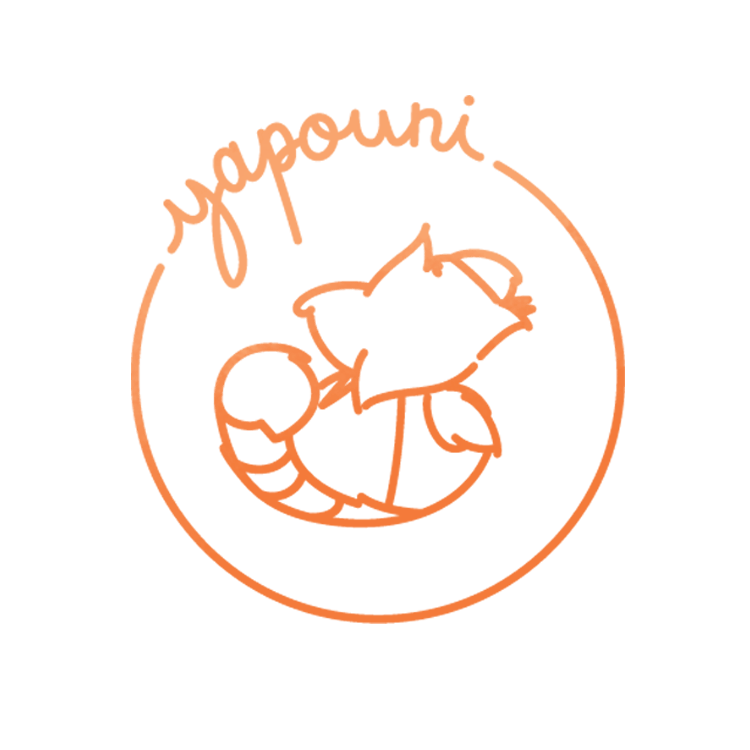As the weeks go by, the pandemic (COVID-19) is not receding; it will most likely be a long-lasting crisis.

How can we minimize its impact on our children on the long run?
One notion is currently emphasized by many mental health specialists: routine. Outside of a crisis, routine fosters, among other things, autonomy, children’s general health and their ability to self-regulate. In a crisis, it also fosters resilience. Indeed, routine creates an island of normality, of stability in a pandemic that is far from normal.
To illustrate this, we can take the example of Ernest Shackleton, captain of a ship that froze in the ice of the Antarctic in 1914 and whose crew had to survive for more than 7 months before being rescued. Shackleton established a clear routine to keep morale high. He told the crew when to get up, wash, work and play. Thus, in the face of desperation that could have endangered the entire crew, this captain provided stability, which allowed them to survive.
Your family is certainly not in a situation as drastic as Ernest Shackleton’s, but this story highlights how routine can protect and make your child feel safe and secure. It can make a big difference in these challenging times, which are probably going to be longer than expected. And that’s the biggest challenge here – the length of the crisis! The important thing is to preserve an island of stability, against all odds.
So, how do you create a long-term routine that will be respected while avoiding mutiny from your children?
Here, the work of Diane Baumrid (1966), completed by Maccoby and Martin (1983), may be useful. They highlighted four parental styles: the authoritarian style, which favours strong control, blind submission on the part of the child, without emotional warmth; the permissive style, which favours warmth, self-expression, without demands and with little structure; the uninvolved style, which is a tendency to ignore the child’s physical and emotional needs; and finally the authoritative style, which offers a clear framework that children must not exceed while being warm and supporting their initiatives. Authoritarian and permissive styles can offer instant benefits: in one case the child obeys and in the other he is happy to do whatever he wants. However, these styles have long-term costs (behavioural problems, lower self-esteem, etc.). It is the authoritative style that will allow you to better survive this marathon of a crisis, with the least amount of rebellion and anxiety.
That said, creating a routine can be something easy to say, but hard to do!
Resources and ideas can run out fast and activities can become repetitive.
Here, we offer you a tool to vary the routine you already have, or to create a routine if you don’t have one. We propose different intensities for each activity.

This will allow your child to burn off energy, to stay active, but also to calm down and promote self-regulation when necessary. We included a few suggestions, but, if you want to use an authoritative parenting style, you can negotiate this routine with your child, while keeping clear limits. For example, you can explain that playing video games all day long is not an option, but he/she can choose what he would like to do in certain time slots. You can even give him a choice: for that time slot, do you want to cook or do crafts? Afterwards, as the days and weeks progress, don’t hesitate to remain flexible and modify certain elements of this routine according to your needs and those of your child.

Finally, don’t forget to include some time for yourself. You can even include it in the schedule while clearly explaining it to your child: “Mommy/daddy needs some quiet time to rest for a while, we can play together afterwards”. This will allow you to better support the crisis over time.
Sources :
https://www.ncbi.nlm.nih.gov/books/NBK402020/
https://www.apa.org/helpcenter/resilience
https://foundationspediatrictherapy.com/
Baumrind, D. (1966). Effects of authoritative parental control on child behavior. Child development, 887-907.
Darling, N. (1999). Parenting Style and Its Correlates. ERIC Digest.
Papalia, D. E., & Martorell, G. (2018). Psychologie du développement de l’enfant. McGraw-Hill Education.
MacCoby, E. E., & Martin, J. A. (1983). Socialization in the context of the family: Parent-child interaction. PH Museen (Series Ed.). Socialization, Personality, and Social Development, Handbook of Child Psychology, vol. 4 (p.1-10) New York, NY: Wiley.
Share your routine with us!
(info@yapouni.com or @yapouni sur instagram)


